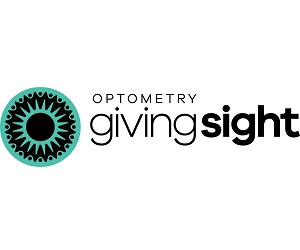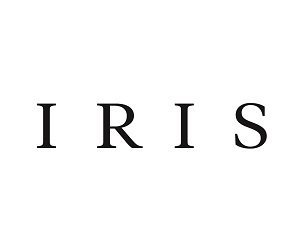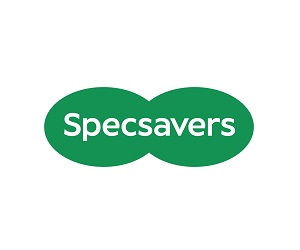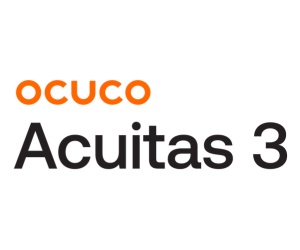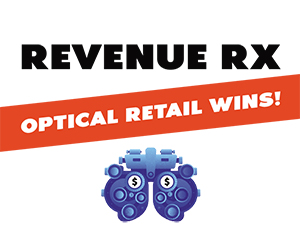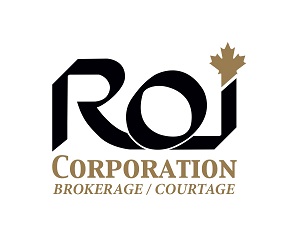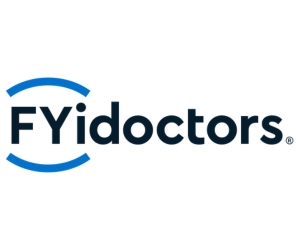
Did you even know insurance can be an investment tool? Why would you ever want to do such a thing? Well, the simple answer is taxation.
Permanent Life Insurance
Two general forms of life insurance can help build your wealth.
Universal life insurance is like a term to age 100 policy that has a side investment account. You have the option to use the side account at any time. This is a great feature as you can secure the life insurance coverage you need today and hold onto the investment contribution room until you have excess cash to deposit.
Similar to purchasing mutual funds, a universal life insurance policy usually has a small selection of funds to invest in.
Whole life refers to a life insurance policy that has a dividend. The dividend can be set, often called non-participating, or it can be variable and dependent on an investment pool created and held by the insurer, called participating.
There are many dividend options to pick from and you should review your selected option from time to time to ensure the policy is still meeting all your needs. In most cases, a paid-up addition dividend option will help your policy values increase and typically outpace inflation so that the purchasing power of your benefit is maintained at the very least.
When you purchase a permanent life insurance product, you will be provided with an illustration that shows how the cash values might grow in the future.
Like any investment, there is no guarantee of long-term performance and typically these policies are designed for the long term as we want you to live a long and fruitful life. It is therefore important to also see the illustration of values showing 2% less growth so that you have a better understanding of some of the risks.
Risk?
All investments have risks. Having said that, the risk built into a life insurance contract is typically far less than the traditional marketplace.
Because the insurance company relies on their own investments in order to take your premiums and grow them to a point where they can pay claims, they tend to select lower-risk investments, have access to institutional funds, and lower management fees than many individuals do on their own.
Beware of illustrations that show you a high rate of return and minimize your premium payments by showing a high dependence on policy growth. It was quite common before the end of the last century to illustrate policies with double-digit growth.
The reality however was that most companies had to greatly reduce their growth payments and these policies started to implode. That policy that you thought would be there for life and provide a retirement supplement, was quickly disappearing to cover the base insurance cost.*
*If you think you might have an imploding policy, ask your advisor for an in-force illustration using the current growth rate and another showing 2% less. There are options to salvage what you have left if you act sooner rather than later.
Can Insurance Create Retirement Income?
Here is where things get interesting. A healthy life insurance policy with a decent investment side account can serve to not only cover your estate taxes at death, clear your debts, and provide a legacy to your family or charity, it can also be used to fund your lifestyle or other expenses while you are alive.
Typically, the value of the policy can be used as collateral for a bank loan, a policy loan (where you are your own banker), or partial surrender. There are various options depending on your need and long-term desires.
What About the Taxes?
When investments grow inside a life insurance policy, as long as the deposits stay under the contribution line, they grow tax-free. Keep in mind, that how you remove the money later in life may create a taxable event. Typically, if you access the money through a collateral or policy loan, there is no taxation.
Business Owned Policies
Here is where it gets really interesting. Growth from investments held by your business are deemed passive income and are taxed at the highest business tax rate. So being aware of the tax-saving opportunities for business investments is important.
Using life insurance can provide a great option for sheltering some business funds. Again, how you access these funds may trigger taxation – so you need to be aware of all the ins and outs of what you are trying to accomplish.
We didn’t even mention how investing in your life insurance contract can help you preserve the small business deduction tax rate on your active income!
When using a business-owned policy, you also need to be aware of how this investment and your life insurance coverage would be impacted by a change of business ownership.
Advisory
As your Chief Financial Officer, I’m here to help you understand the various tools available to you and your business to build your wealth. There are many factors to consider and understanding your goals is key to building a plan that serves you today and well into the future – as your life changes.
Have more questions than answers? Educating you is just one piece of being your personal CFO that I offer. Call (780-261-3098) or email (Roxanne@claritywealthadvisory.ca) today to set up your next conversation with us.
Roxanne Arnal is a former Optometrist, Professional Corporation President, and practice owner. Today she is on a mission to Empower You & Your Wealth.
These articles are for information purposes only and are not a replacement for personal financial planning. Everyone’s circumstances and needs are different. Errors and Omissions exempt.
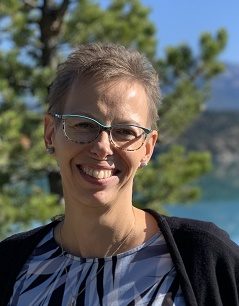
ROXANNE ARNAL,
Optometrist and Certified Financial Planner
Roxanne Arnal graduated from UW School of Optometry in 1995 and is a past-president of the Alberta Association of Optometrists (AAO) and the Canadian Association of Optometry Students (CAOS). She subsequently built a thriving optometric practice in rural Alberta.
Roxanne took the decision in 2012 to leave optometry and become a financial planning professional. She now focuses on providing services to Optometrists with a plan to parlay her unique expertise to help optometric practices and their families across the country meet their goals through astute financial planning and decision making.















